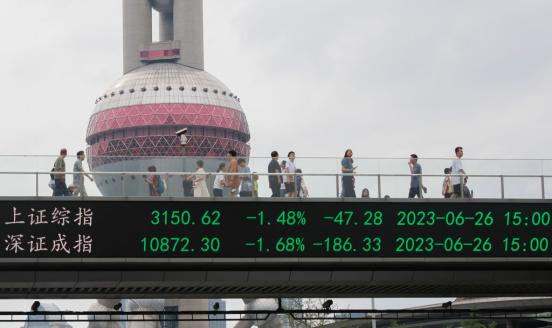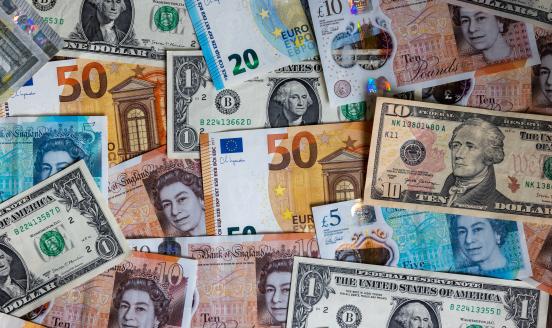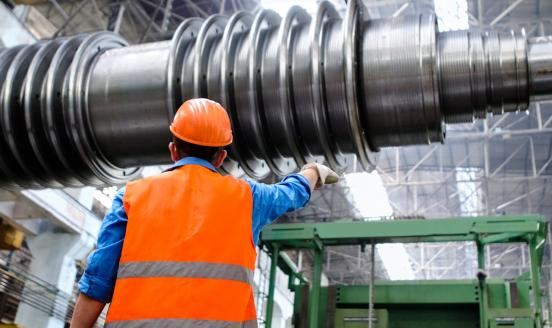Backstage: The new balance of Asia-EU-US trade relations
Amid the Asia-Europe Economic Forum on the fringes of the 12th ASEM Summit, Bruegel senior fellow hosts a conversation on developing global trade rela
With Bruegel hosting the two-day Asia-Europe Economic Forum in the same week as the Asia-Europe Meeting takes place in Brussels, André Sapir takes the opportunity to talk about the quickening changes to the global trade landscape in conversation with Moonsung Kang, professor as Korea University, and Michael G. Plummer, director at SAIS Europe – Johns Hopkins University.
Led by President Donald Trump, the US has begun to challenge the multilateral trade system. Meanwhile, Europe has been busy securing free trade agreements – most recently with Japan, previously with Canada and others.
With the US appearing to withdraw, and abdicate its leading role in the global trading system, Asia’s moves to improve relations with Europe make sense; the EU seems to have better appreciated the shift of the gravitational centre of world trade towards Asia.
The question remains how closely Asia and the EU will agree to cooperate in the years to come, and whether the US political narrative will develop in a way that leads them back towards free trade, or even further down the road of bilateral agreements.
If you are interested in reading more on this topic, we can recommend the research paper on the EU-Japan agreement that Bruegel has submitted to the European Parliament, by André Sapir, Sonali Chowdhry and Alessio Terzi.
Consider also the Bruegel Backstage podcast episode on the developing EU-China relationship in the face of rising global trade tensions.



